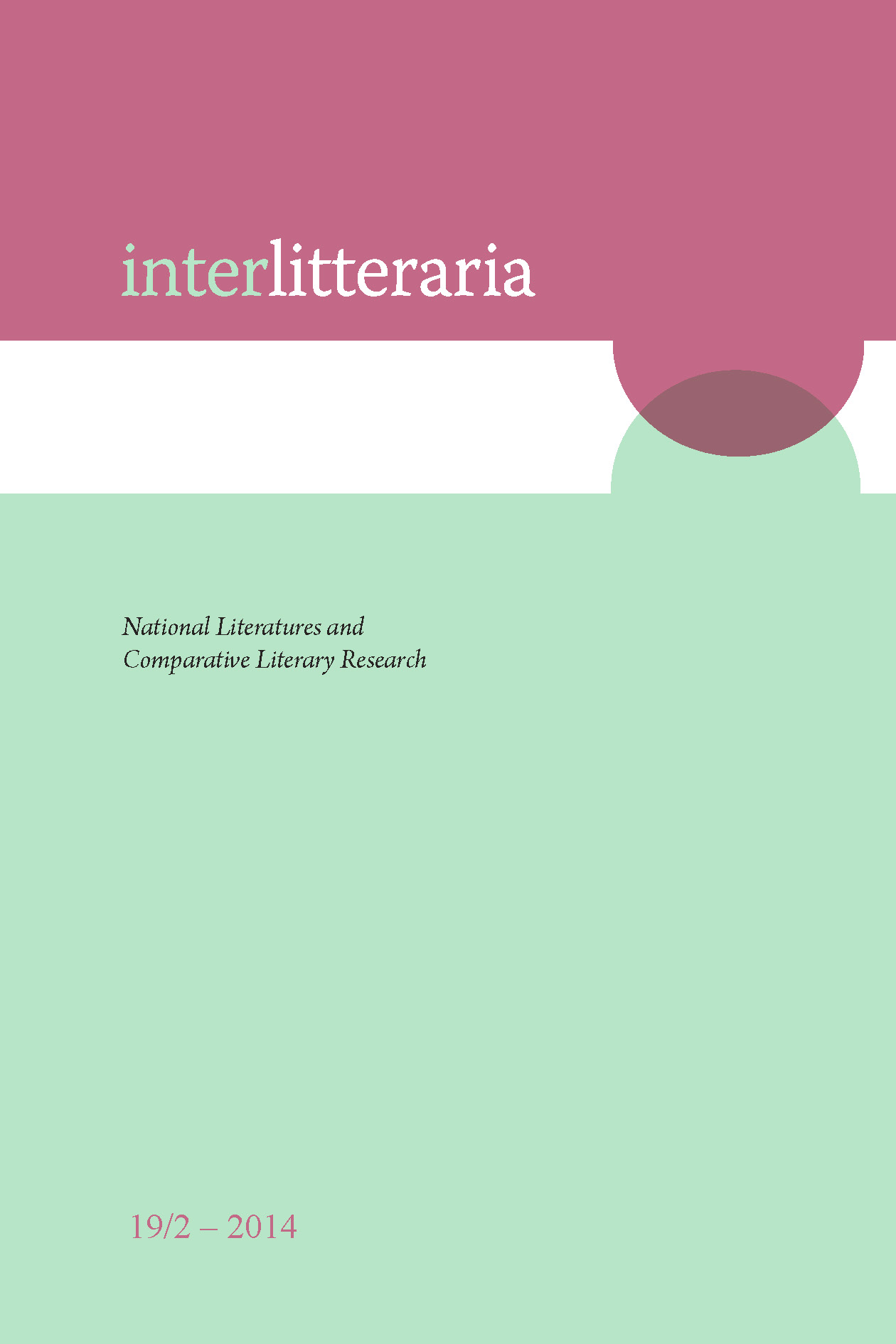The Baptism at the Savica by France Prešeren as a Successful Attempt to Outwit Censorship: a Romantic Confession of a Defeated Person, a Member of an Unfree Nation
DOI:
https://doi.org/10.12697/IL.2014.19.2.13Keywords:
Prešeren, Baptism at the Savica, open work, censorship, interpretation, national inequalityAbstract
Baptism at the Savica, an epic about the loss of Slovenian independence, can also be understood as a successful attempt by France Prešeren to outwit censors and use the form of a historic tale as a metaphor for expressing the content which, due to censorship, had to be omitted from his elegy Dem Andenken des Matthias Čop. Such an approach can help us resolve several apparent contradictions, shown in the interpretative history of the Baptism, such as the problem of Prešeren’s own characterisation of the poem in his letter to Čelakovský, or the question of Črtomir’s conversion at the end of the third part of this epic poem.
In the 20th century, several interpretations came into being that understood Črtomir’s conversion to Christianity as an inevitable choice made by Slovenians in favour of a stronger, uniquely prospective Western culture circle, which serves as justification for Črtomir’s renunciation of freedom-loving Slovenianhood. According to the new understanding of The Baptism at the Savica, there are two Črtomirs, one is the hero and the other is the defeated one (the former, as he himself would like to be, is only an illusion by Prešeren, and the latter, as he indeed is, is the one with whom the poet completely identifies himself), and the final message of the epic poem is understood as a condemnation of national inequality.
Downloads
Downloads
Published
Issue
Section
License
The contents of Interlitteraria are published under CC BY-NC-ND licence.


